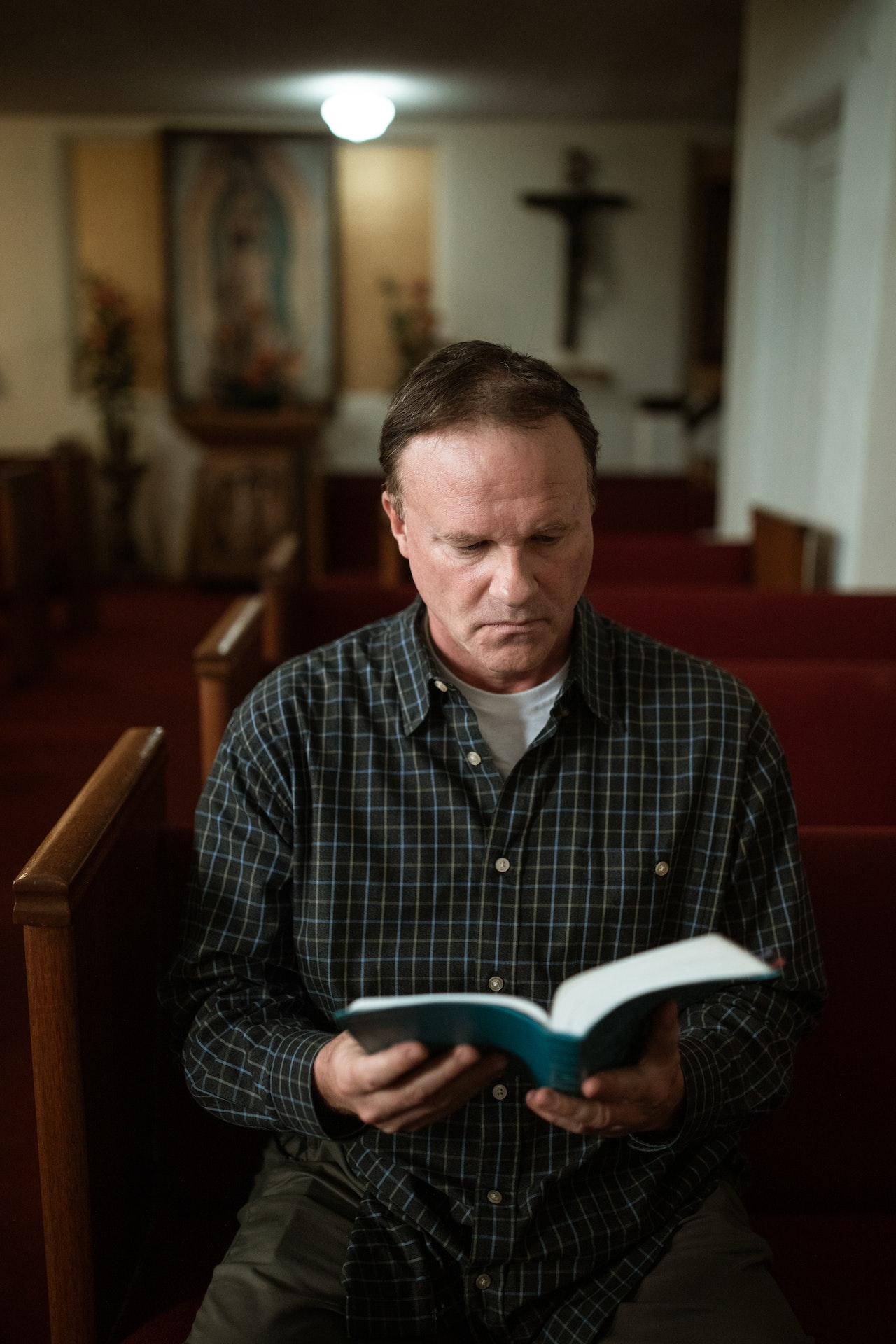The Day of Atonement, also known as Yom Kippur, is one of the most important holidays in the Jewish faith. It is a day of fasting, prayer, and repentance, and is considered to be the holiest day of the year. It is a time for Jews to reflect on their sins and ask for forgiveness from God. The Day of Atonement is a time for Jews to come together and reaffirm their commitment to their faith and to each other. It is a time for Jews to remember the importance of repentance and to seek atonement for their sins.
Table of Contents
The History and Significance of the Day of Atonement in Judaism
The Day of Atonement, or Yom Kippur, is one of the most important holidays in Judaism. It is a day of fasting, prayer, and repentance, and is observed on the 10th day of the Jewish month of Tishrei.
Yom Kippur is a time for Jews to reflect on their sins and ask for forgiveness from God. It is believed that on this day, God will forgive the sins of those who repent and seek atonement. This is why the day is also known as the Day of Atonement.
The holiday has its roots in the Torah, the Jewish holy book. In Leviticus 16, God instructs Moses to have the Israelites observe a day of atonement. On this day, the High Priest would enter the Holy of Holies and offer a sacrifice for the sins of the people.
Yom Kippur is a time for Jews to reflect on their actions and ask for forgiveness from God. It is a time to make amends with those we have wronged and to seek reconciliation with God. It is also a time to reflect on our lives and make changes for the better.
The Day of Atonement is a reminder of the importance of repentance and forgiveness in Judaism. It is a time to reflect on our actions and to strive to be better people. It is a time to remember that we are all human and that we all make mistakes.
Yom Kippur is a time for Jews to come together and celebrate their faith. It is a time to remember the importance of repentance and forgiveness in Judaism. It is a time to reflect on our lives and strive to be better people.
Exploring the Rituals and Practices of the Day of Atonement
The Day of Atonement, or Yom Kippur, is one of the most important holidays in the Jewish faith. It is a day of fasting, prayer, and repentance, and is considered the holiest day of the year. On this day, Jews seek to atone for their sins and ask for forgiveness from God.
The rituals and practices of the Day of Atonement are steeped in tradition and symbolism. The day begins with a special prayer service, known as Kol Nidre, which is recited in the synagogue. This prayer is meant to absolve the worshippers of any vows they have made in the past year that they have not kept.
The day is then spent in fasting and prayer. Jews abstain from food and drink, and spend the day in contemplation and reflection. They recite special prayers of repentance and ask for forgiveness from God.
The day ends with a special ceremony known as the Neilah. This is a prayer of closure, and is meant to symbolize the closing of the gates of heaven. After the Neilah, the shofar is blown, signifying the end of the Day of Atonement.
The Day of Atonement is a time for reflection and repentance, and is an important part of the Jewish faith. It is a day of fasting, prayer, and contemplation, and is a reminder of the importance of seeking forgiveness from God.
The Meaning of Atonement in Different Religions
Atonement is an important concept in many religions, and it means different things to different people. In Christianity, atonement is the belief that Jesus Christ died on the cross to pay the price for the sins of humanity. This act of self-sacrifice is seen as a way to reconcile humanity with God. In Judaism, atonement is seen as a way to make amends for wrongs committed against God or other people. This is done through prayer, repentance, and acts of charity.
In Islam, atonement is seen as a way to make up for wrongs committed against Allah. This is done through prayer, fasting, and acts of charity. In Hinduism, atonement is seen as a way to make up for wrongs committed against the gods. This is done through prayer, meditation, and acts of charity.
No matter what religion you practice, atonement is an important concept. It is a way to make up for wrongs committed and to seek forgiveness from God or other people. It is also a way to show humility and to demonstrate a commitment to living a better life. Atonement is a powerful concept that can help us to become better people and to live in harmony with others.
How the Day of Atonement is Celebrated Around the World
The Day of Atonement, or Yom Kippur, is one of the most important holidays in the Jewish faith. It is a day of fasting, prayer, and reflection, and is celebrated around the world.
In Israel, Yom Kippur is a national holiday. People spend the day in synagogue, praying and reflecting on their sins. They also fast from sundown to sundown, abstaining from food and drink. After the sun sets, families gather for a festive meal.
In the United States, Yom Kippur is celebrated in much the same way. Synagogues are filled with people praying and reflecting on their sins. Many people also fast from sundown to sundown. After the sun sets, families gather for a festive meal.
In other parts of the world, Yom Kippur is celebrated in different ways. In some countries, people gather in public squares to pray and reflect on their sins. In others, people gather in their homes to share a meal and reflect on the day.
No matter where you are in the world, Yom Kippur is a time to reflect on your sins and ask for forgiveness. It is a time to come together with family and friends and celebrate the power of forgiveness.
Conclusion
The Day of Atonement is an important religious observance in Judaism, and it is a time for reflection and repentance. It is a day of fasting and prayer, and it is a time to ask for forgiveness from God. It is a time to reflect on one’s actions and to make amends for any wrongs that have been committed. The Day of Atonement is a reminder of the importance of repentance and forgiveness in all religions.
For licensing reasons, we must provide the following notice: This content was created in part with the help of an AI.



